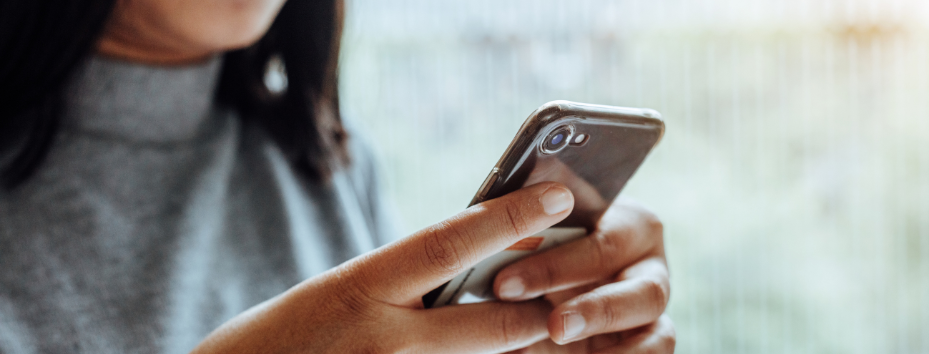Helena participated in a research study at the Institute of Psychiatry, Psychology & Neuroscience and she has kindly written an account of her experience for others thinking of taking part in research.
The study focused on people living with borderline personality disorder (BPD). BPD is a disorder of mood and how a person interacts with others. It's the most commonly recognised personality disorder. Here Helena explains how she got involved in research.
"I suffered with a variety of mental health difficulties throughout childhood and adolescence. I had severe anxiety which, as left untreated, lead into depression, self-harm and eating disorders throughout teen years.
Throughout my early twenties I was really struggling, although still academically achieving high grades, I was, in hindsight very unwell. It was during my second year of my master’s degree that I became too unwell to function day to day and was referred into secondary care where I received the diagnosis of BPD aged 25. I finished my master’s and worked a few years whilst I waited two years for therapy. I’m not sure, looking back on it, how I managed!
I initially found out about the study through a post in a mental health group on social media. I wasn’t working and thought it would give me something meaningful to do.
At the time I was really struggling mentally with not having stuff to keep my brain stimulated. I also knew there needed to be a lot more research carried out to help us understand and fight the stigma surrounding personality disorders.
My involvement in the study involved attending a meeting at Denmark Hill for a couple of hours to answer questions and take part in a couple of exercises.
After this initial meeting I was given a mobile device which prompted me to record my emotional distress or arousal over the period of a week multiple times a day into an app.
Taking part in the study has made me more aware of how much my moods and emotions changed throughout the day.
I’m really passionate about service users being involved in research. I am both a service user and a researcher. I’m hoping to get PhD funding at the moment and I’m currently working as a part-time Research Assistant at a university. People think of you as either one or the other and I think it’s really important to realise that service users can be both mental health survivors and researchers. By involving service users in research we can ask the right questions, and get our voices heard."
- Would you be interested in taking part in our research? Or in sharing your experience to help shape our research?





